What does it take to make the best horror movie soundtracks of all time? A score needs to keep cinemagoers on the edge of their seats, build up the tension, and make you feel just as scared listening to it as you do watching the movie.
The greatest horror soundtracks achieve this with ease, and have doubtless propelled the films they feature in to high levels of popularity. Some of them are instantly recognizable, such as the horror movie theme songs from Halloween or The Exorcist. But we want to know more about the top 10 soundtracks to feature in this genre of film.
Horror film soundtracks can be traced back to the silent film era of the ‘20s. When actors weren’t speaking on film, the music involved progressed the story and heightened the intensity. Throughout the years, music and film advancements have led to some prolific movies with the best horror soundtracks being released.
Here, we look at the top 10 horror movie soundtracks and their impact.
The 10 Greatest Horror Movie Soundtracks
10. Suspiria (Goblin, 1977)
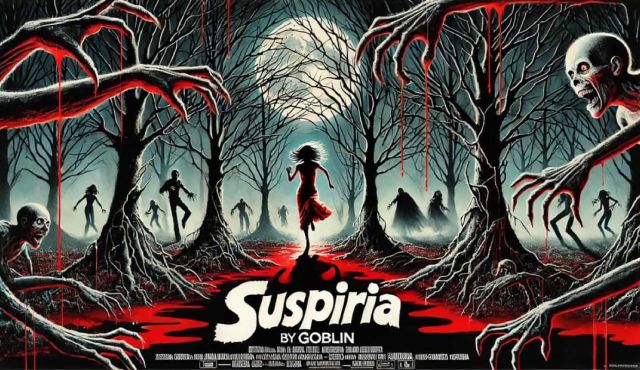
The 1977 Italian supernatural horror film directed by Dario Argento and entitled Suspiria really wouldn’t be the same without its soundtrack. The film stars Jessica Harper as an American ballet student who becomes a member of a prestigious dance academy. Later, she realizes that the academy is just a front for a coven of witches.
For the score, Argento turned to Italian progressive rock band Goblin, who he had collaborated with before on his earlier film Deep Red. As one of the great horror movie soundtracks, it was created before any of the film was shot.
Due to the success rate of the film, the soundtrack remains as one of the most popular albums by Goblin.
9. The Exorcist (William Friedkin, 1973)
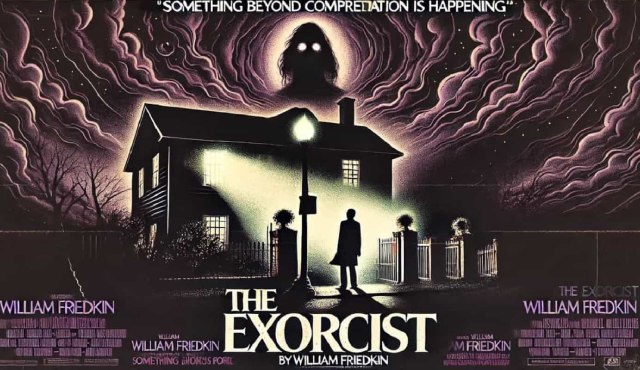
Originally, director of The Exorcist William Friedkin hired Argentinian composer Lalo Schifrin to create music for the film. He was taken off the movie after recording only a small portion of the score, though. His music accompanied the film’s trailer.
According to Schifrin, the mix of frightening clips from the movie and his music in the trailer scared audiences away. Trailer executives wanted a softer score and Friedkin took the job on himself, reverting to a minimalist soundtrack. This included the opening piano motif to “Tubular Bells” by Mike Oldfield.
That track quickly went on to become the catalyst for one of the top horror movie soundtracks and was hugely popular after its use in The Exorcist.
8. Psycho (Bernard Herrmann, 1960)
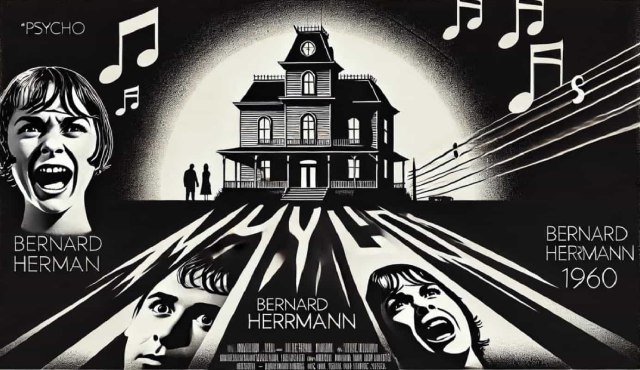
Psycho is one of Alfred Hitchcock’s most famous works, starring Anthony Perkins, Janet Leigh, and Vera Miles. Centering on an encounter between Marion Crane and Norman Bates, the former is murdered while staying at the latter’s motel. Filmed on a small budget in black-and-white, Hitchcock insisted on Bernard Herrmann writing the film’s score, even after the composer refused to accept a reduced fee.
Bringing a heightened level of tension and drama to the film, Hitchcock commented that Psycho “depended heavily” on the “sense of pervading doom” that Herrmann’s score provided. How did he manage it? By hiring only the string section of an orchestra, most notable in the movie’s infamous shower scene, featuring shrieking violins as Crane is attacked.
7. Eraserhead (David Lynch, 1977)
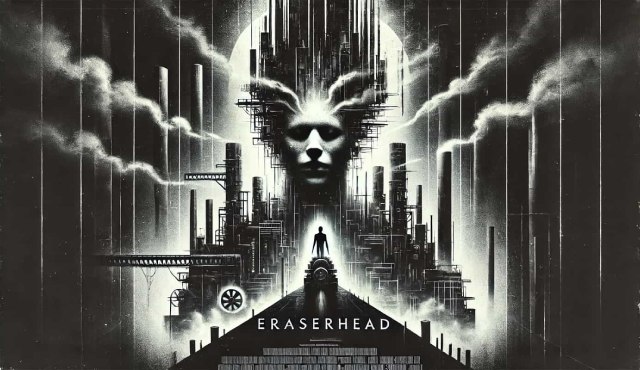
The Eraserhead movie was released in March of 1977, but its soundtrack didn’t come out until over five years later. Composed by the film’s director, David Lynch alongside Alan Splet, it became one of the best horror soundtracks due to taking its cues from the post-industrial history of Philadelphia. Lynch resided there while studying painting and was fascinated by the feeling of constant danger within.
The composing duo used a variety of avant-garde approaches to recording the Eraserhead soundtrack. Almost every sound within was created from scratch using bizarre methods. This helped it tie in with the movie’s mind-boggling, psychological story of a man caring for his deformed child within a desolate industrial landscape. Absolutely chilling!
6. Candyman (Philip Glass, 1992)
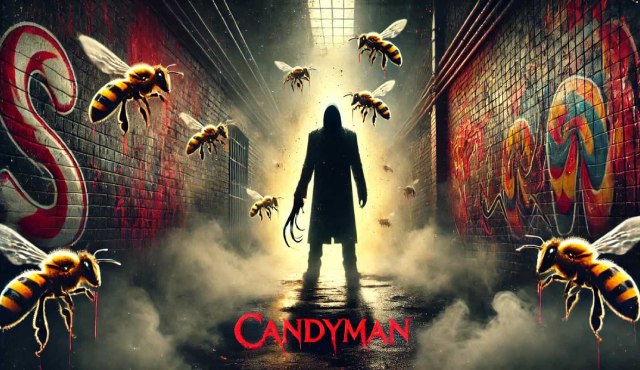
Philip Glass is one of the masters of movie scores, and he has been responsible for some of the cinema world’s best soundtracks. In 1992, he provided the score for the horror film Candyman, which was written and directed by Bernard Rose.
The music provided by Glass for the film serves to elevate it beyond the slasher influences involved. He composed a beautifully gothic score to match the supernatural script, making sure to incorporate his trademark minimalism into it. With repetitive structures and themes, and having a strong reliance on piano and organ, Glass’s score is hugely effective.
He would return to compose the music for the sequel, Candyman: Farewell to the Flesh.
5. Hellraiser (Christopher Young, 1987)
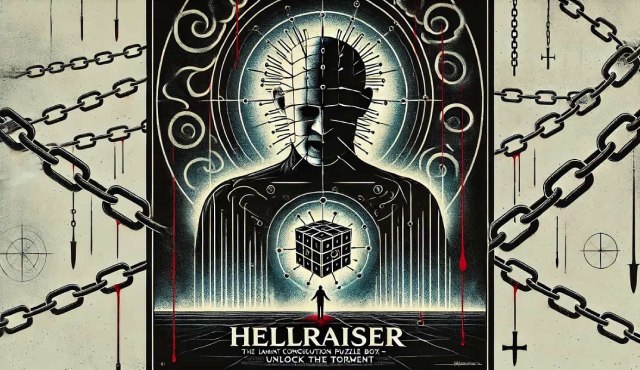
Clive Barker made his directorial debut in 1987 with the Hellraiser film, which is based on his 1986 novella The Hellbound Heart. Originally, he wanted the electronic music group Coil to perform music for the film, but New World Pictures rejected the idea.
Christopher Young was then suggested by editor Tony Randel. Having previously been involved in composing scores for horror films like A Nightmare on Elm Street 2: Freddy’s Revenge and Invaders from Mars, Young seemed like a perfect fit.
Tracks like “The Lament Configuration” present a more mournful, haunting beauty to the movie. This introduces a frighteningly atmospheric soundscape to Barker’s cenobite-laden film release.
4. Halloween (John Carpenter, 1979)
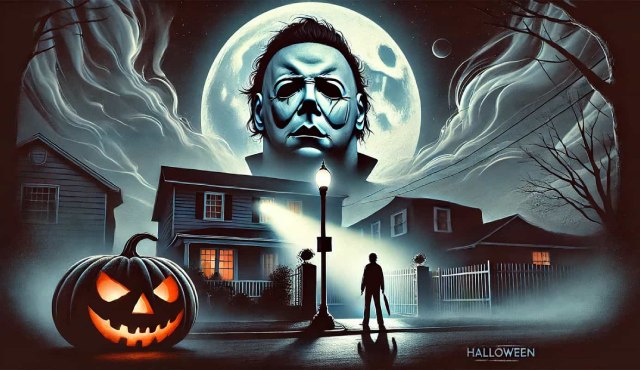
So far, 13 Halloween movies have been released, but none can match the impact of the first one, released in 1979. Director John Carpenter composed and performed the music for Halloween himself, releasing it in 1983. So vital was the music in this film that it played a huge role in influencing the synthwave music genre.
Carpenter used simple, motif-driven work to flesh out his movie vision, resulting in one of the best horror movie soundtracks in existence. There are arguments out there that suggest Halloween has one of the very best horror movie theme songs. We’re not going to argue with that, considering the sense of foreboding it provides at the film’s opening.
3. Alien (Jerry Goldsmith, 1979)
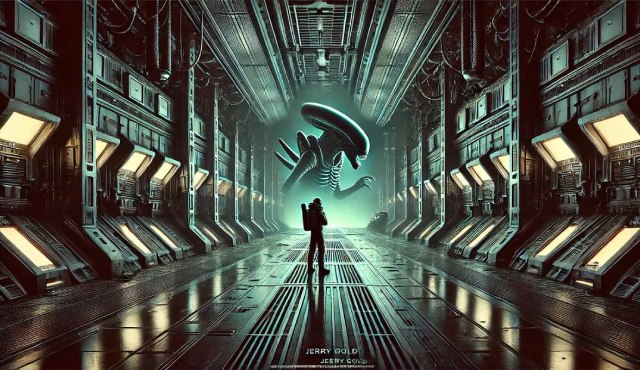
It may be the case that in space, nobody can hear you scream. Yet when the motion picture score to Alien came out in 1979, it swiftly achieved critical acclaim. Composed by Jerry Goldsmith, it provides an avant-garde soundtrack to the movie, and is considered by some to be his most visceral score.
The music included in the film creates a bleak and dissonant soundscape, adhering to the dark and intense atmosphere of the movie. All tracks were recorded by the National Philharmonic Orchestra, conducted by Lionel Newman.
Despite this, only parts of the score were utilized within the film and the full soundtrack only came about with the release of the 20th anniversary edition of Alien.
2. The Shining (Various Artists, 1980)
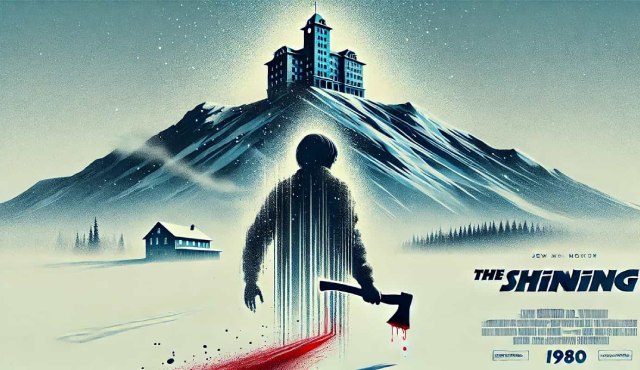
Stanley Kubrick chose modernist art-music to accompany his 1980 film release The Shining. He left the process of matching passages of music to the film in the hands of music editor Gordon Stainforth. The result was remarkable synchronization without excessive splicing.
Unfortunately, the soundtrack album was withdrawn on LP due to licensing of the music. Some pieces heard in the film are not on the soundtrack, while complete versions of tracks are included that only appear in pieces in the movie.
That doesn’t stop it from evoking fear and discomfort in The Shining, though. Utilizing electronic pieces from Wendy Carlos and Rachel Elkind and pre-existing concert pieces from other composers, it informs the entire film adaptation of Stephen King’s novel.
The innovative use of music to build tension mirrors the emotional depth achieved by John Williams’ score in Schindler’s List, which is often celebrated as one of the top selling movie soundtracks for its profound ability to evoke empathy and sorrow.
1. Nosferatu the Vampyre (Popul Vuh, 1979)
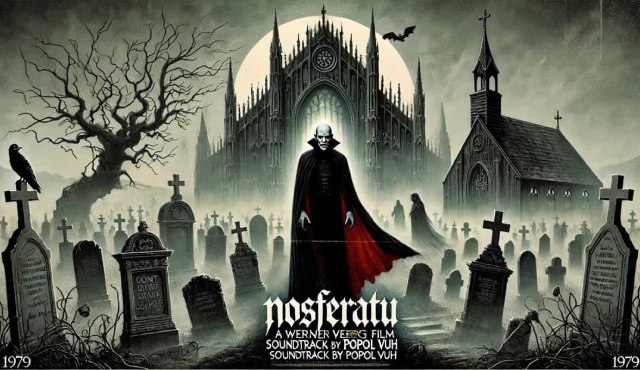
Not to be confused with the 1922 silent film Nosferatu, this 1979 film directed by Werner Herzog is an adaptation of Bram Stoker’s novel Dracula. The production was well-received by critics, and it experienced a comfortable degree of commercial success, too.
The film score was composed by West German group Popol Vuh, who had frequently collaborated with Herzog. It comprises material from the group’s album Brüder des Schattens – Söhne des Lichts, as well as Richard Wagner’s prelude to Das Rheingold, a traditional Georgian folk song in “Tsintskaro”, and more.
This presented the movie with a quasi-religious sound, infused with a level of oneiric spirituality. Loneliness, emptiness and futility all shine through in the music, providing the film with an amazing addition.




